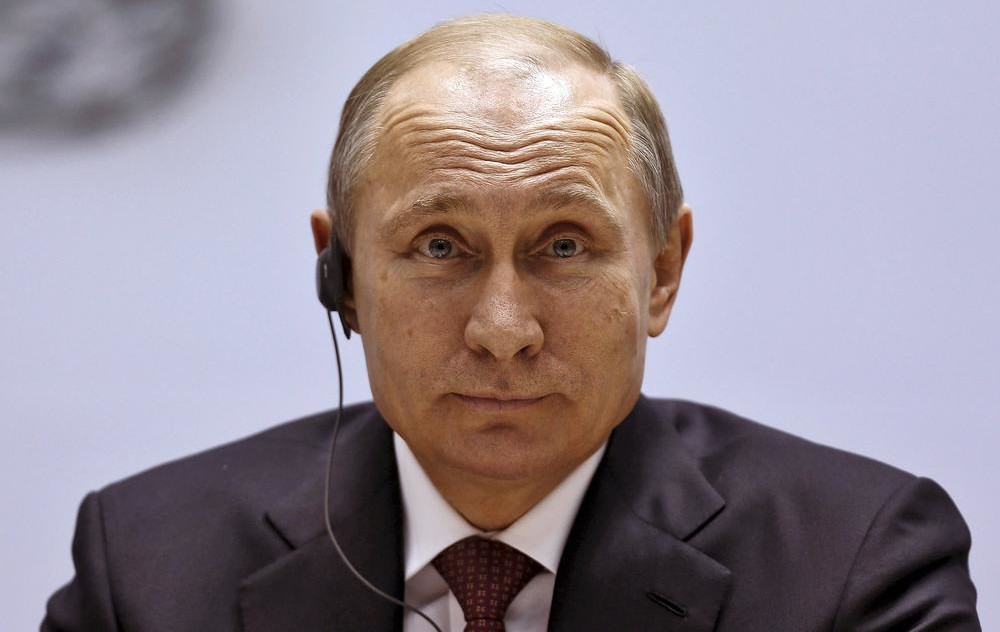Things fall apart, sure, but which nations are most likely to? In “The Calm Before the Storm,” a Foreign Affairs piece by Nassim Nicholas Taleb and Gregory F. Treverton, the authors use five criteria to assess which states are most likely to crumble: a centralized governing system, an undiversified economy, excessive debt and leverage, a lack of political variability, and no history of surviving past shocks. (I wonder further if kleptocracy has had historical influence on such upheavals.) It’s an interesting thought experiment, though I think it only works as a rough outline. I mean, our new friend Cuba has long been on the wrong side of a number of those measurements, but that country hasn’t cratered. An excerpt:
When it comes to overall fragility, countries can vary from exhibiting no signs of fragility to being very fragile.
Saudi Arabia is an easy call: it is extremely dependent on oil, has no political variability, and is highly centralized. Its oil wealth and powerful government have papered over the splits between its ethnoreligious units, with the Shiite minority living where the oil is. For the same reason, Bahrain should be considered extremely fragile, mainly on account of its repressed Shiite majority.
Egypt should also be considered fragile, given its only slight and cosmetic recovery from the chaos of the revolution and its highly centralized (and bureaucratic) government. So should Venezuela, which has a highly centralized political system, little political variability, an oil-based economy, and no record of surviving a massive shock. Some of the same problems apply to Russia. It remains highly dependent on oil and gas production and has a highly centralized political system. Its one redeeming factor is that it surmounted the difficult transition from the Soviet era. For that reason, it probably lies somewhere between moderately fragile and fragile. …
Then there is the China puzzle. China’s stunning economic growth makes its future hard to assess. The country has recuperated remarkably well from the major shocks of the Maoist period. That era, however, ended nearly four decades ago, and so the recovery is hardly a recent comeback and thus less certain to protect against future shocks. What’s more, China’s political system is highly centralized, its economy is dependent on exports to the West, and its government has been on a borrowing binge as of late, making the country more vulnerable to slowdowns in both domestic and foreign growth. Are the gains from past turmoil big enough to offset the weakness from debt and centralization? The most likely answer is no—that what gains China has accrued by learning from trauma are dwarfed by its burdens. With each passing year, those lessons recede further into the past, and the prospects of a Black Swan of Beijing loom larger. But the sooner that event happens, the better China will emerge in the long run.•

